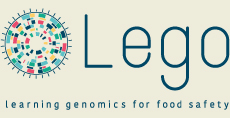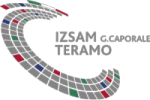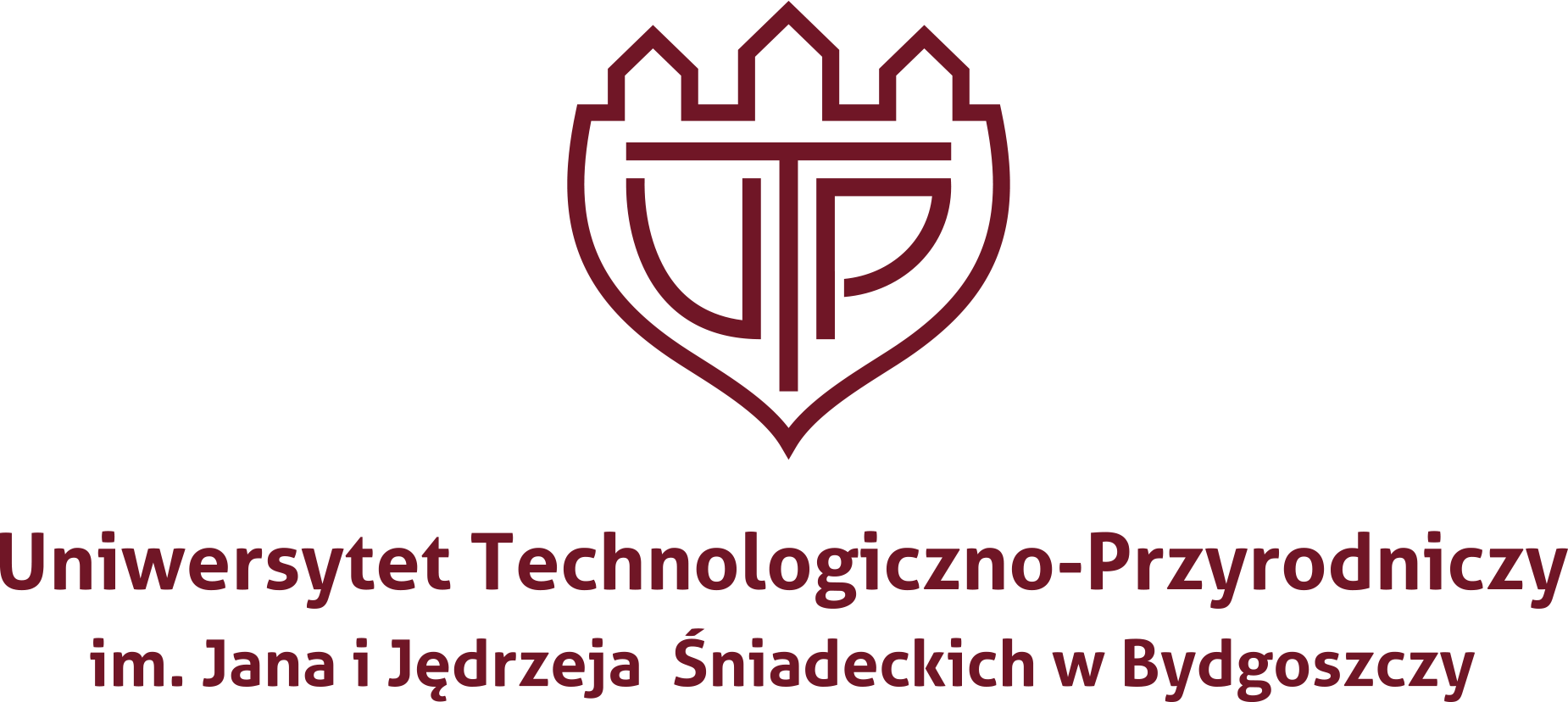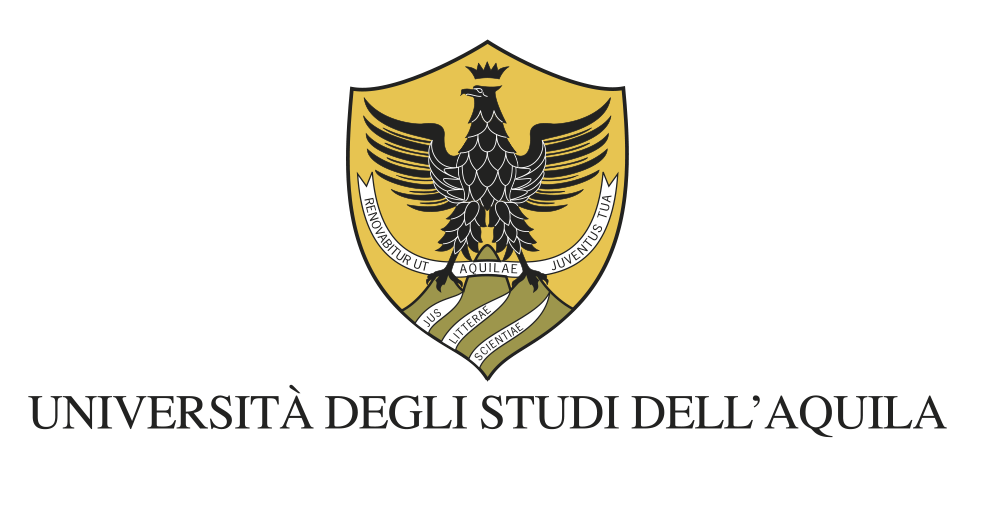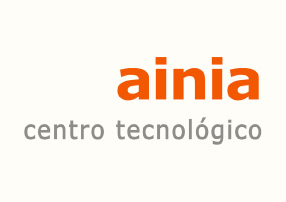About
In the framework of the Erasmus+ Programme, the LEGO project bridges a growing educational gap in the field of high university education by defining, training and promoting the recognition of an innovative and interdisciplinary professional curriculum, called “Food Microbial Bioinformatician”. The creation of this new profile allows to meet the new research challenges in the field of genomics applied to food safety.
Increased accessibility and decrease in the cost of Whole Genome Sequencing (WGS) using Next Generation Sequencing (NGS) have revolutionised clinical and public health microbiology.
High resolution typing for foodborne pathogens is becoming the new standard for WGS data analysis in outbreak investigations and source attribution. The advent of the “Omics Era” with WGS data routinely produced in Food Microbiology requires professional profiles properly qualified to operate in this specific sector.
Despite the recommendations set by the European Commission and the Food and Agriculture Organisation of the United Nations, recent developments in NGS research have not always been accompanied by the implementation of specific university curricula aiming at training highly specialised professionals with multidisciplinary skills in Genomics, Food Microbiology, Statistics, Epidemiology and Bioinformatics.
The 30-month project LEGO, funded in the framework of Erasmus Plus Programme Action KA2, Higher Education – Cooperation for innovation and exchange of good practices, aims at bridging this growing educational gap by defining, training and promoting the recognition of an innovative and interdisciplinary professional curriculum, called “Food Microbial Bioinformatician”.
